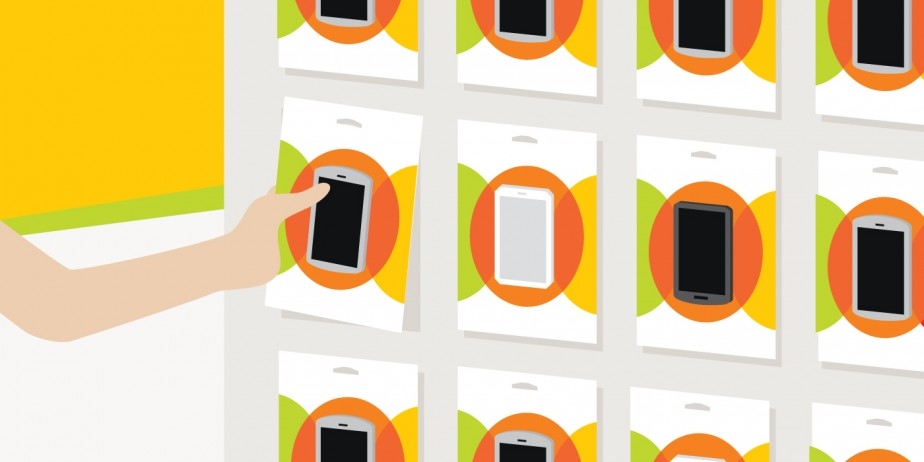It was just a few short years ago that two-year service contracts were the norm when buying a new smartphone. That's no longer the case according to new data from market research firm Kantar Worldpanel.
For the three month period ending in August, Kantar found that 47 percent of smartphones sold in the US were linked to installment plans. Only 20 percent of smartphones purchased during the same period were associated with traditional contracts. The remaining 33 percent of handset sales were of the pre-paid nature.
Kantar notes that Android and iOS users alike are almost equally flocking to payment plans. Specifically, 51 percent of iOS sales were tied to installment or no-contract plans versus 46 percent for Android.

T-Mobile is solely responsible for the shift. In March 2013, outspoken CEO John Legere did away with wireless contracts and phone subsidies as part of the provider's Uncarrier initiative. The competition soon followed T-Mobile's lead in attempting to transition customers away from subsidized phones.
Many questioned whether or not moving away from subsidies would steer consumers away from high-end device purchases. In hindsight, it seems as though the exact opposite has happened.
Each carrier has a slightly different plan but on average, customers can upgrade to a new handset at least a couple of times a year if they like by either trading in their old phone or paying it off and starting a new installment plan.
